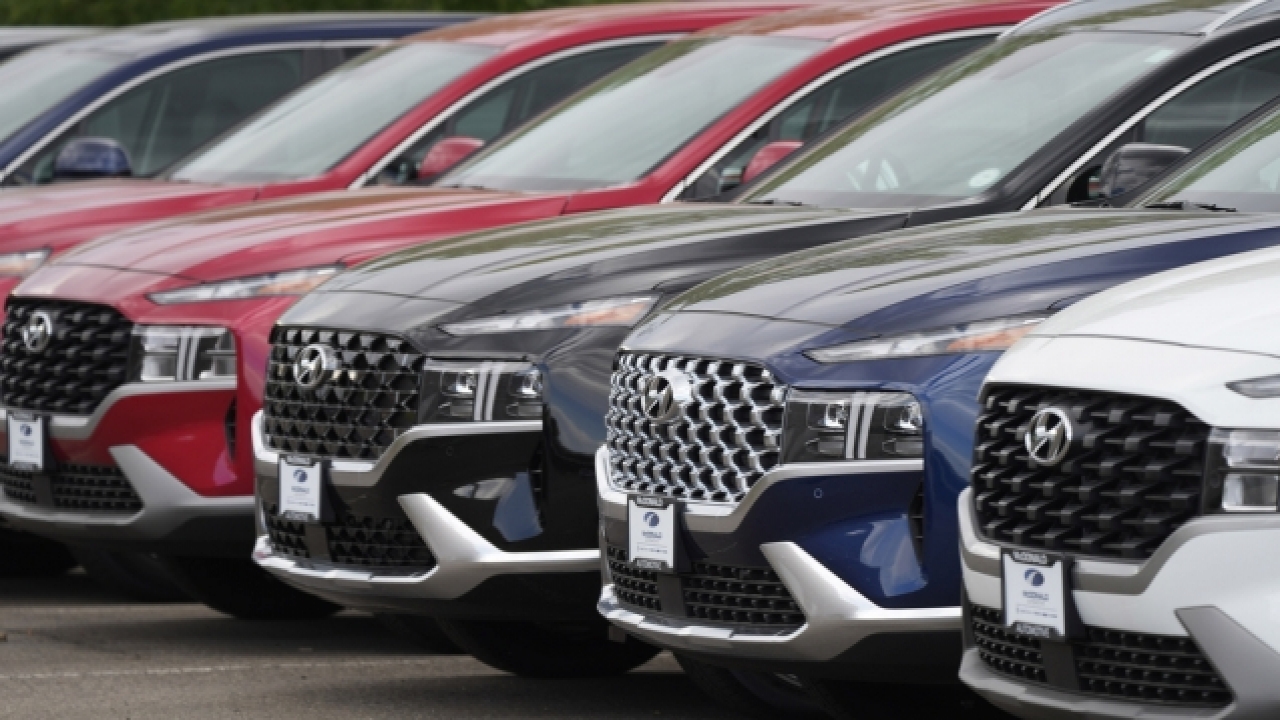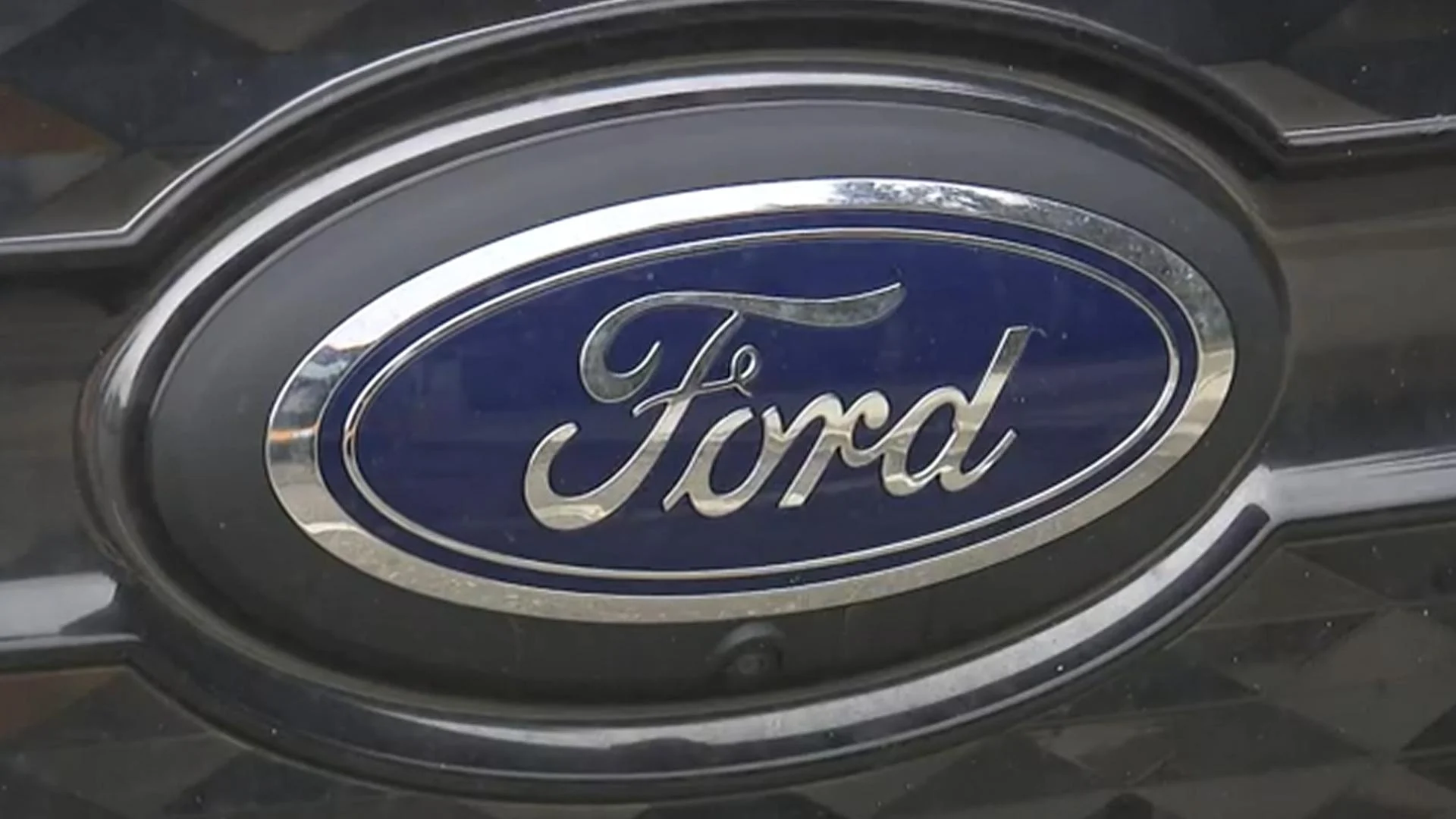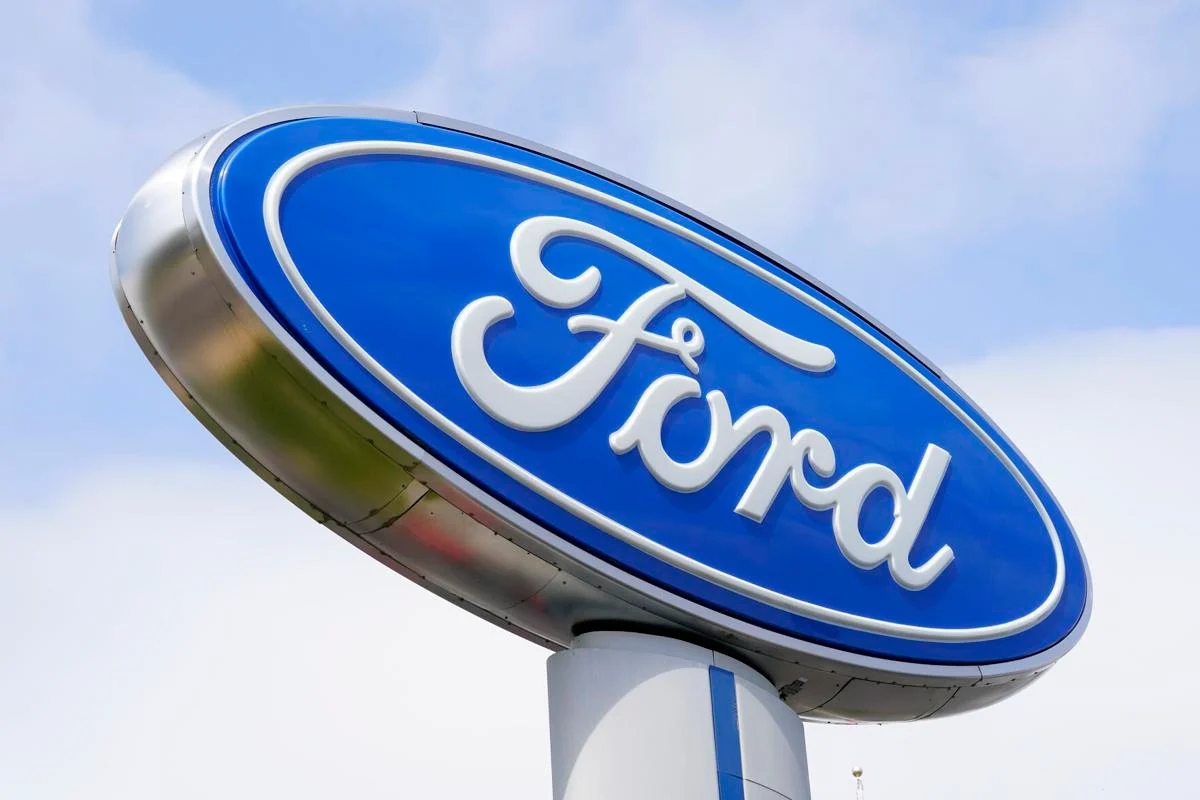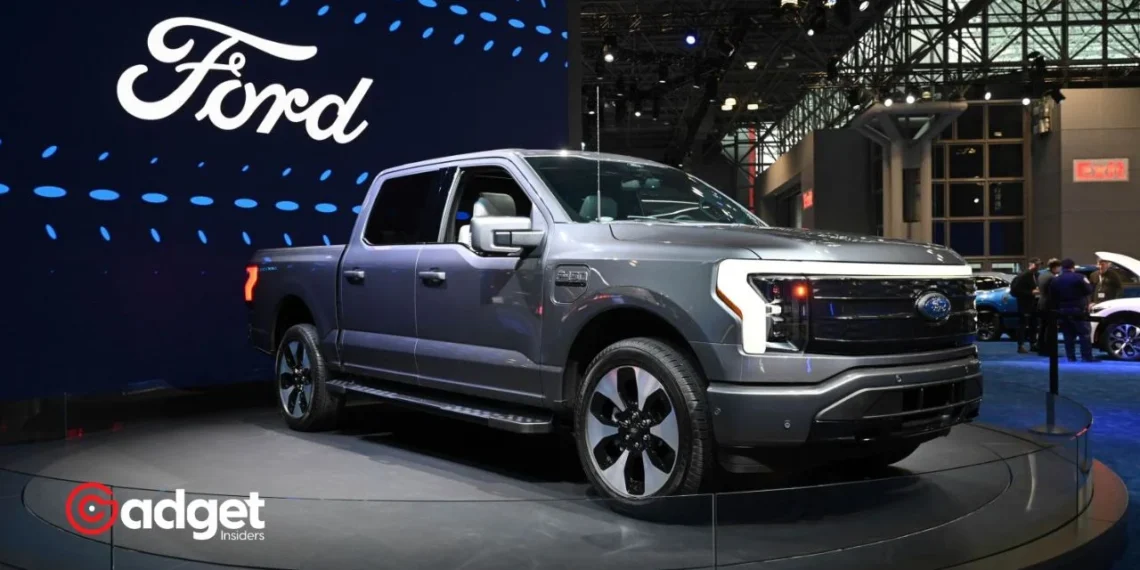In an unprecedented move that’s stirring debate across the automotive industry, Ford has initiated a recall of nearly 43,000 of its small SUVs, specifically targeting the 2022 and 2023 models of the Bronco Sport and 2022 Escape SUVs equipped with 1.5-liter engines. The crux of the issue lies in a potential gasoline leak from the fuel injectors onto the engine’s hot surfaces, significantly elevating the risk of fires.
However, Ford’s proposed remedy is sparking controversy for not directly addressing the fuel leaks, leading to questions about the adequacy and safety of such recall strategies.

A Closer Look at Ford’s Controversial Recall Remedy
Ford’s solution to the gasoline leak issue involves installing a tube that directs gasoline away from hot surfaces toward the ground beneath the vehicle. Additionally, an update to the engine control software is part of the fix, designed to detect any drop in pressure within the fuel injection system.
Should a pressure drop be detected, the updated software is programmed to disable the high-pressure fuel pump, reduce engine power, and lower temperatures within the engine compartment.
This set of actions, according to documents released by the National Highway Traffic Safety Administration (NHTSA), is expected to mitigate the risk posed by the fuel leaks.

Owners of the affected SUV models were slated to receive notification letters from Ford starting April 1. Despite the recall, the company has assured that the risk is contained to about 1% of the SUVs, citing only five reported under-hood fires and 14 warranty replacements of fuel injectors, with no associated crashes or injuries.
The automaker’s confidence in the recall repairs stems from its belief that these measures will effectively prevent future failures and ensure customer safety. To further alleviate concerns, Ford has announced an extension of warranty coverage for cracked fuel injectors, promising replacements for owners who encounter this issue.
Ford recalls nearly 43,000 SUVs due to gas leaks that can cause fires, but remedy won't fix leaks https://t.co/3qerq8icLJ
— The Associated Press (@AP) April 10, 2024
Industry Experts Raise Safety Concerns
The response from industry watchdogs to the Automobile brand’s recall strategy has been less than favorable.
Michael Brooks, the executive director of the nonprofit Center for Auto Safety, has criticized Ford’s approach as a “Band-aid type recall,” suggesting that the automaker is attempting to sidestep the more significant expense of repairing the fuel injectors.
A 1% failure rate is alarmingly high and, despite the proposed repairs, drivers might still face hazardous situations, such as being forced to exit freeways at reduced speeds, which could increase the risk of accidents.
Further scrutiny comes from NHTSA’s commitment to monitoring the effectiveness of Ford’s recall remedy through field data. This statement from the agency indicates a proactive stance in ensuring that recall strategies address the root causes of vehicle problems.
However, Brooks believes that legislative changes are necessary to empower NHTSA to demand more comprehensive solutions from automakers, rather than merely endorsing less costly repairs.

The Road Ahead for Ford and Its Customers
As Ford embarks on this extensive recall, the company has made it clear that it does not advise owners to park their SUVs exclusively outdoors, citing a lack of evidence that fires occur when the vehicles are stationary with the engines turned off.
This recall, described as an extension of a 2022 recall for a similar issue, has been tested on vehicles involved in the previous recall, with Ford reporting no subsequent problems.
The debate surrounding Ford’s recall strategy highlights the broader challenges facing the automotive industry in balancing cost, safety, and consumer trust. As regulatory agencies and consumer advocacy groups continue to push for more stringent oversight, the effectiveness of recall remedies will undoubtedly remain a critical focus.
For Ford SUV owners, the coming months will be a test of faith in the brand’s commitment to their safety and satisfaction.


